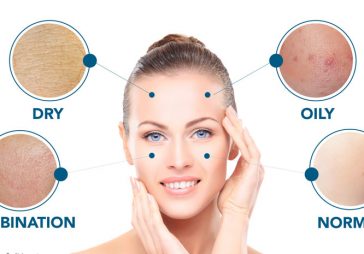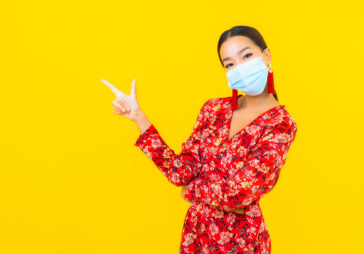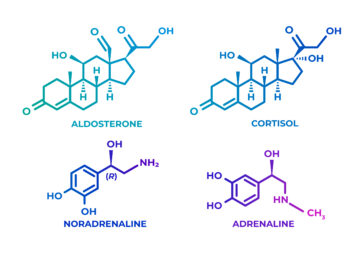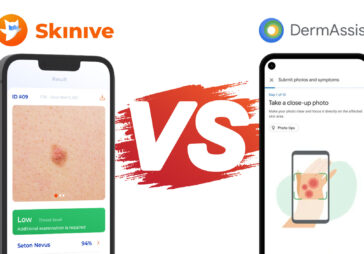Pollution is an ever-present reality of modern life, and its impact on our health extends far beyond respiratory issues. Our skin, the body’s largest organ, is directly exposed to environmental pollutants, which can lead to a range of skin problems. Understanding how pollution affects your skin and learning effective ways to protect it are crucial for maintaining healthy, glowing skin. In this article, we’ll delve into the effects of pollution on your skin and provide actionable tips to shield it from harm.
The Impact of Pollution on Your Skin
Types of Pollutants
- Particulate Matter (PM): Tiny particles from vehicle emissions, industrial processes, and construction sites can penetrate the skin, causing inflammation and damage.
- Polycyclic Aromatic Hydrocarbons (PAHs): Found in polluted air, these compounds can induce oxidative stress and contribute to skin aging and dark spots.
- Nitrogen Dioxide (NO2): Emitted by vehicles and industrial activities, NO2 can deplete the skin’s vitamin E levels, leading to reduced protection against free radicals.
- Volatile Organic Compounds (VOCs): Released from paints, cleaning products, and industrial processes, VOCs can irritate the skin and exacerbate conditions like eczema.
Effects of Pollution on Skin
Premature Aging
Pollutants such as PM and PAHs generate free radicals, which damage skin cells and accelerate the aging process. This leads to wrinkles, fine lines, and a loss of skin elasticity.
Inflammation and Sensitivity
Exposure to pollutants can cause skin inflammation, resulting in redness, itching, and sensitivity. People with pre-existing skin conditions like eczema or rosacea may experience worsened symptoms.
Acne and Breakouts
Pollutants can clog pores and disrupt the skin’s natural barrier, leading to increased sebum production and breakouts. The presence of bacteria and dirt exacerbates this issue.
Uneven Skin Tone and Dark Spots
Oxidative stress from pollution can lead to hyperpigmentation, causing dark spots and an uneven skin tone. This is particularly noticeable in areas of the skin that are regularly exposed to the environment.
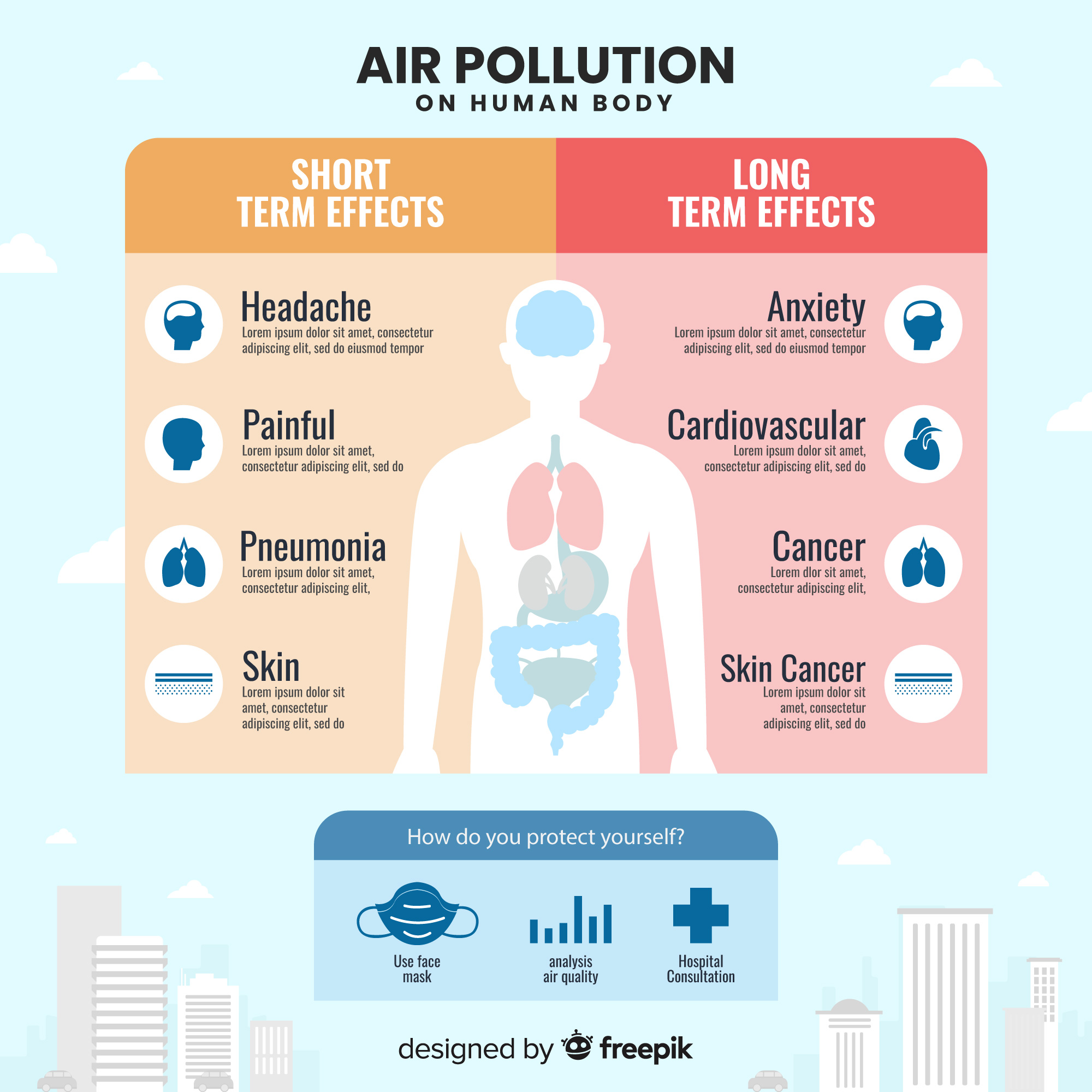
How to Protect Your Skin from Pollution
Cleanse Thoroughly
- Double Cleansing: Use an oil-based cleanser to remove makeup and sunscreen, followed by a water-based cleanser to eliminate dirt and pollutants.
- Gentle Exfoliation: Exfoliate once or twice a week to remove dead skin cells and prevent clogged pores. Avoid harsh scrubs that can irritate the skin.
Strengthen Your Skin Barrier
- Moisturizers: Choose a moisturizer with ingredients like ceramides and hyaluronic acid to strengthen the skin barrier and lock in moisture.
- Antioxidants: Incorporate serums and creams with antioxidants such as vitamin C, vitamin E, and niacinamide to neutralize free radicals and protect the skin.
Sun Protection
- Broad-Spectrum Sunscreen: Apply a broad-spectrum sunscreen with SPF 30 or higher daily. UV rays can exacerbate the effects of pollution on the skin.
- Reapply: Reapply sunscreen every two hours, especially if you are outdoors or in direct sunlight.
Protective Measures
- Wear Protective Clothing: Use hats, sunglasses, and long sleeves to shield your skin from direct exposure to pollutants.
- Create a Barrier: Use a pollution-fighting primer or barrier cream to form a protective layer on your skin before applying makeup.
Maintain a Healthy Lifestyle
- Hydrate: Drink plenty of water to keep your skin hydrated and help flush out toxins.
- Balanced Diet: Eat a diet rich in fruits, vegetables, and healthy fats to provide your skin with essential nutrients and antioxidants.
- Avoid Smoking: Smoking can worsen the effects of pollution on the skin by introducing additional toxins and reducing blood flow to the skin.
Conclusion
Pollution poses a significant threat to skin health, contributing to premature ageing, inflammation, and various skin conditions. By understanding how pollution affects your skin and implementing protective measures, you can maintain a healthy, radiant complexion. Remember to cleanse thoroughly, strengthen your skin barrier, use sun protection, and adopt a healthy lifestyle. For more skincare tips and expert advice, visit our Skincare Tips section.


